The School of Physics at Georgia Tech is charged with creating fundamental knowledge through research and with educating students in both foundational and emergent physical concepts. The creativity and drive of Ph.D. and M.S. students powers the School’s research engine.
Research Areas
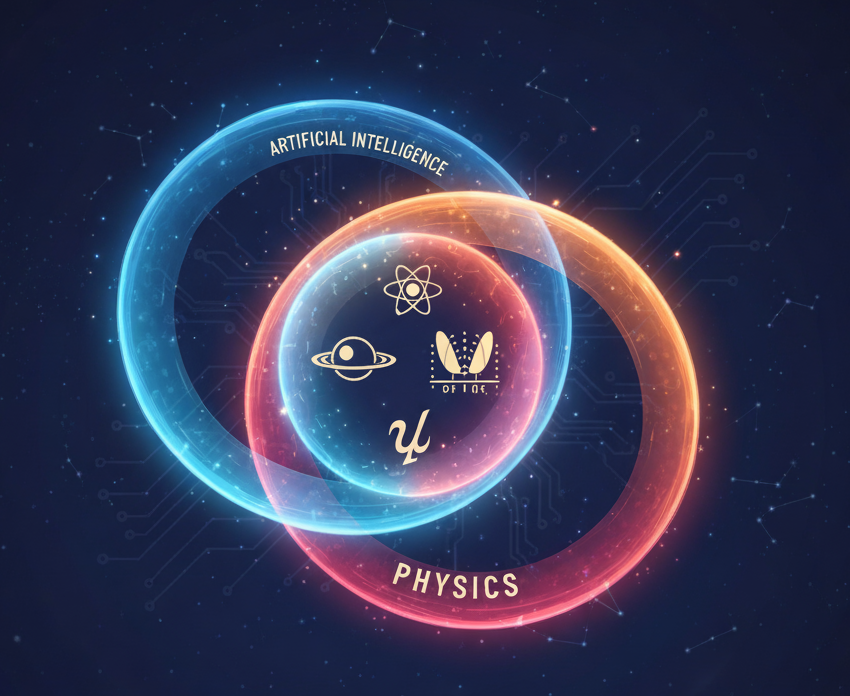
Artificial Intelligence and Machine Learning
The Artificial Intelligence/Machine Learning (AI/ML) research activities at the School of Physics involve designing machine learning and reasoning algorithms to accelerate physics research, as well as using techniques from physics to develop reliable AI algorithms.
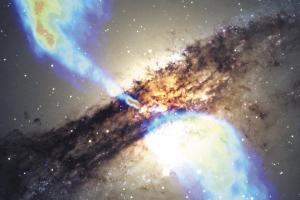
Astrophysics, Astroparticles, & Gravitation
The AST group explores topics including exoplanets, stars, early universe structure, and compact object environments. Faculty lead in major international astrophysics collaborations across multiple domains.
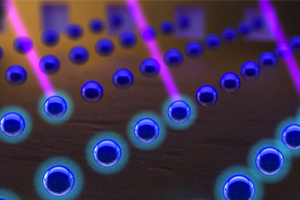
Atomic, Molecular, & Optical Physics
The AMO physics group studies ultracold atoms, quantum optics, and ultrafast laser science. Their work probes physical limits in engineering quantum states of matter and light.
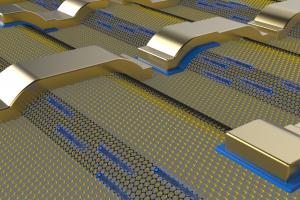
Condensed Matter and Quantum Materials
CMP faculty research quantum materials, including graphene and topological insulators. Collaborations extend across Georgia Tech, international labs, and other universities, emphasizing electron coherence and entanglement.
Fundamental Physics
Fundamental physics research at the School of Physics involves developing theories, experiments, and statistical methods to answer the deepest questions about our Universe, from the behavior of elementary particles, with a focus on elusive neutrinos, to the nature of gravity on cosmological scales.
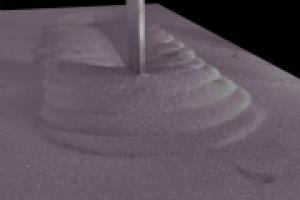
Non-linear Physics
NLS focuses on granular media, fluid dynamics, and electronic systems, intersecting physics, chemistry, biology, and medicine. This interdisciplinary approach collaborates with various Georgia Tech colleges.
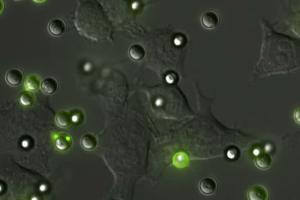
Physics of Living Systems
PoLS faculty explore fundamental physics in living systems, emphasizing the interaction of these systems with their environments and seeking new physical insights across multiple scales.
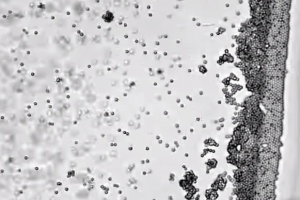
Soft Matter
The SMP group investigates the physics of deformable materials, crucial in daily life and living systems. Their interdisciplinary approach involves collaborations across multiple Georgia Tech schools.
Centers

Center for Nonlinear Science
The multidisciplinary Center for Nonlinear Science brings together the exceptional strength across the GT campus in this field. It aims to foster experimental and theoretical approaches that stress the unity of the concepts underlying a wide range of physical and biological nonlinear phenomena.
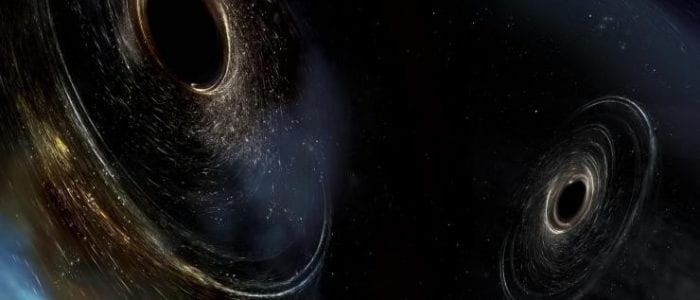
Center for Relativistic Astrophysics
The Center for Relativistic Astrophysics (CRA) combines astrophysics, astroparticle physics, numerical relativity, and gravitational wave physics. Our research concentrates on extreme astrophysics, including black hole and neutron star mergers, active galactic nuclei, gamma-ray bursts, and high-energy cosmic rays and neutrinos.


